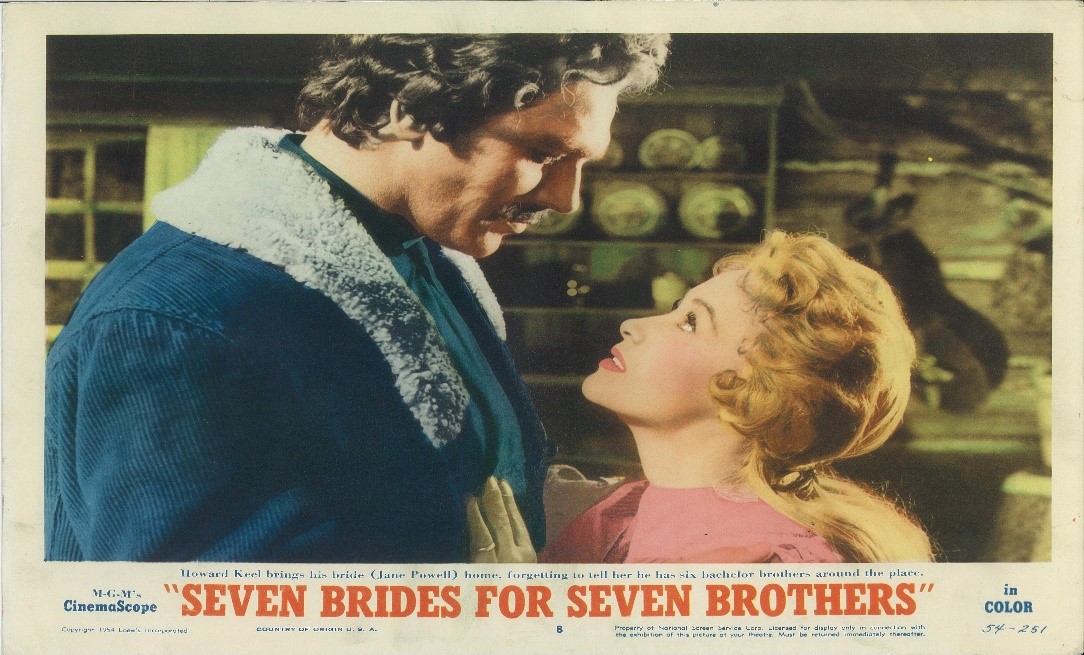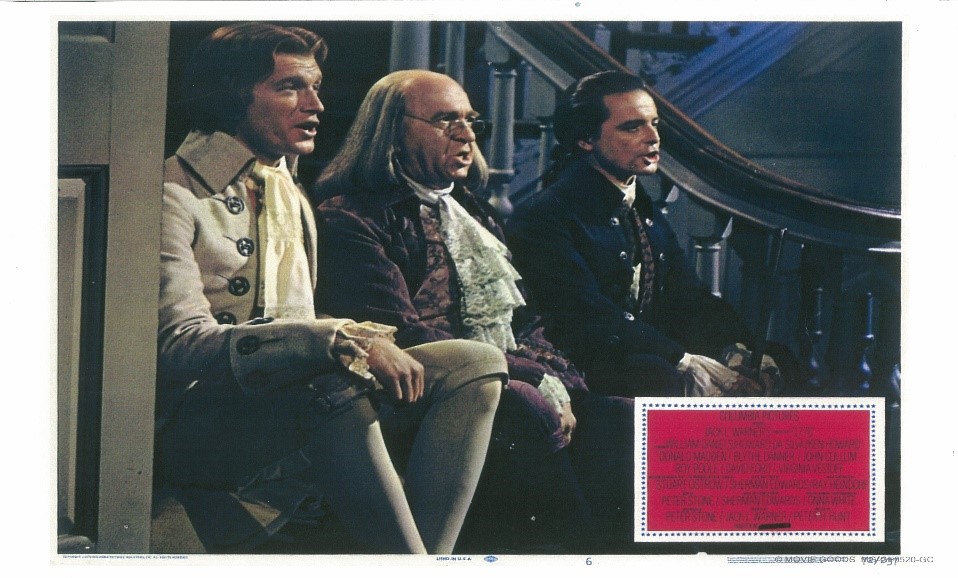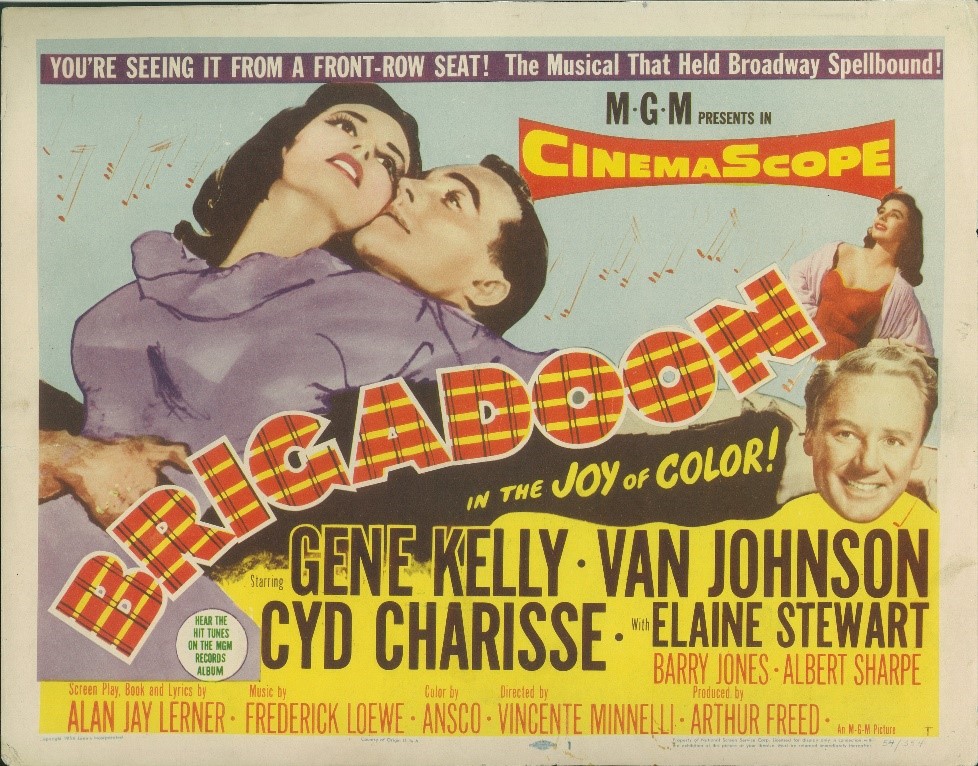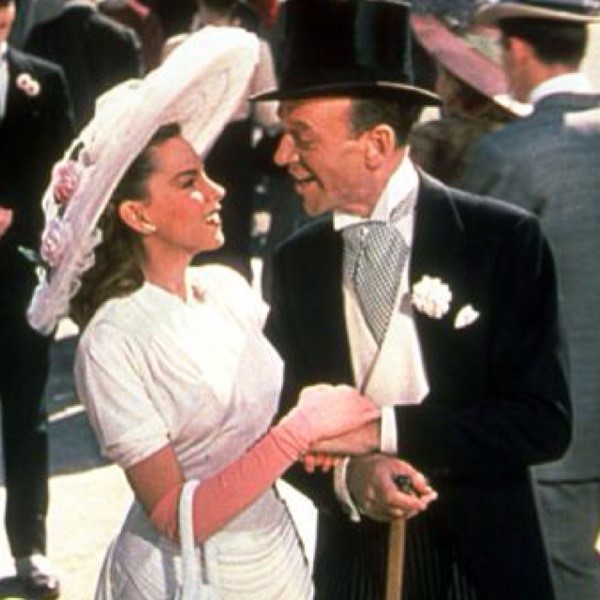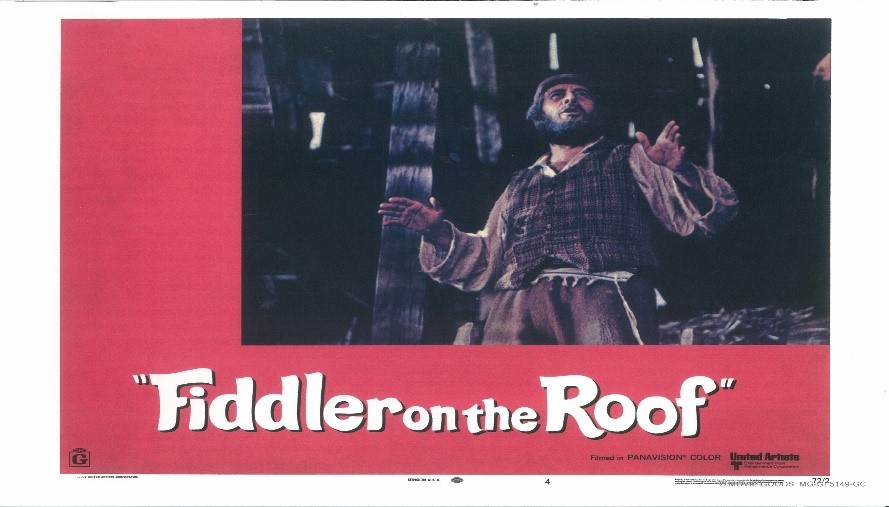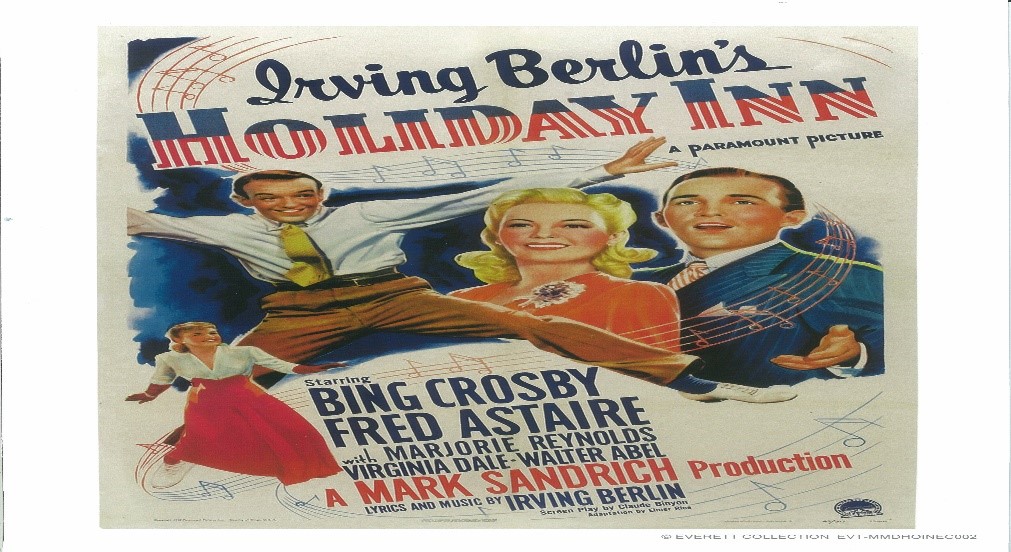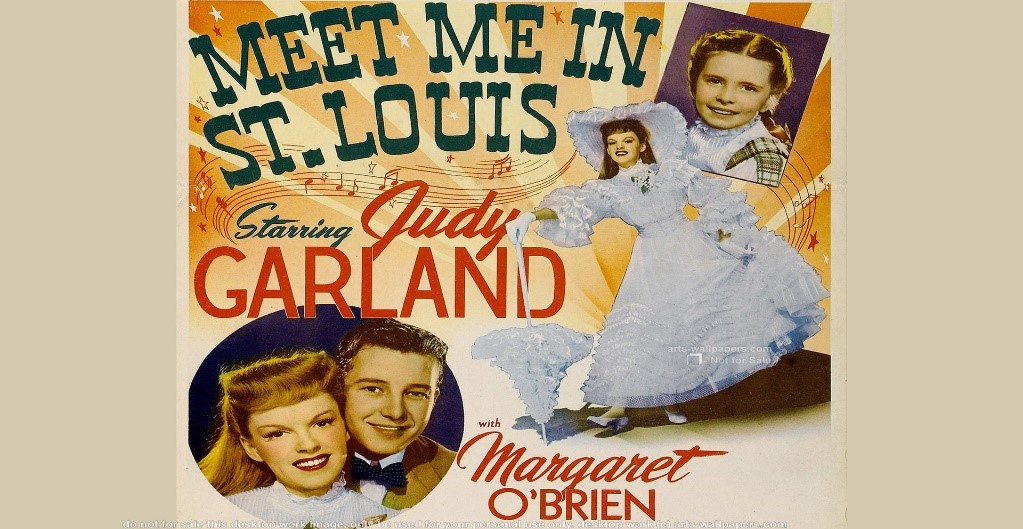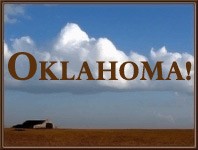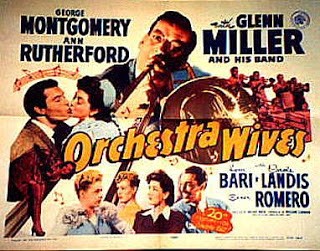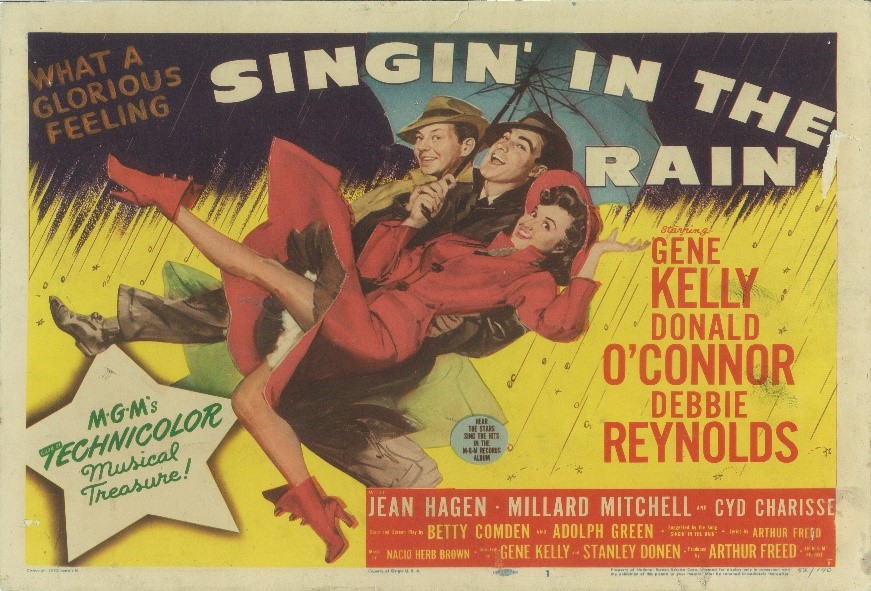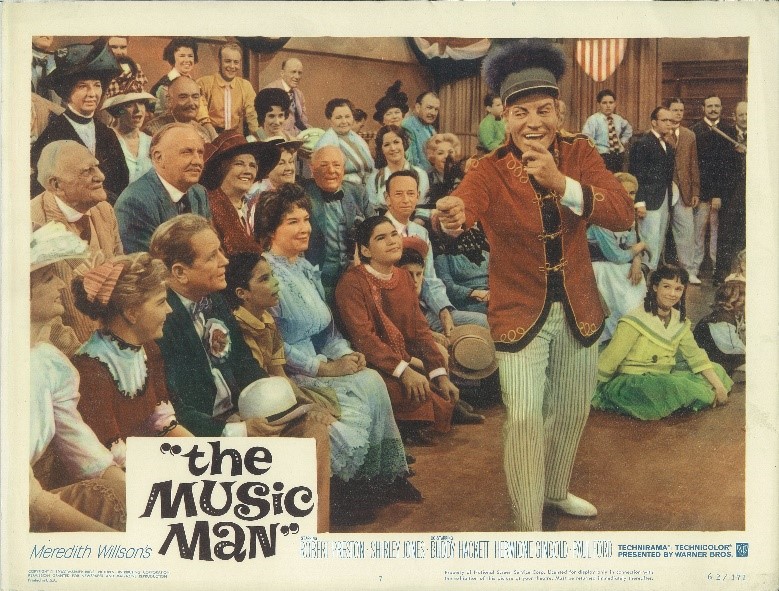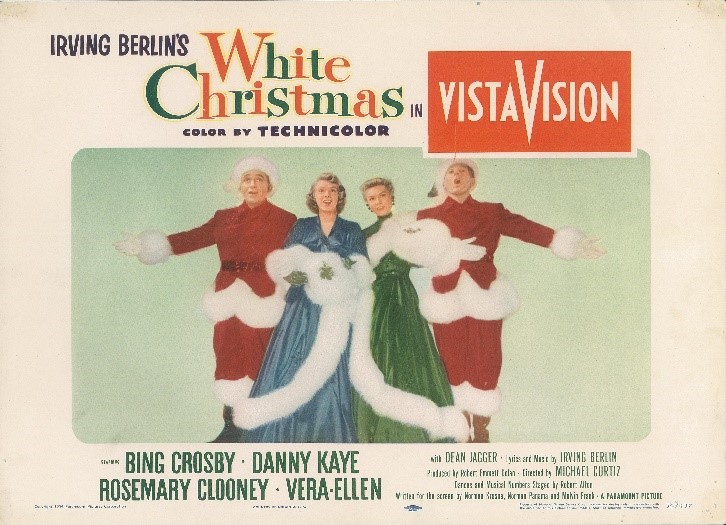"Our world's out of order. All I see is missed opportunity. Will we ever learn? In trouble, where will we turn?" (John Oates, Daryl Hall, Sara Allen, 1988).
As the guidebook opens on the Second Continental Congress, we find a world in trouble and out of order, plagued by disagreement, verbal outbursts, and frustration. Such emotions are breeding grounds for missed opportunities to form alliances, establish and grow friendships, and create a New World.
Welcome to The February 2024 Edition ~1776~ A New World of Opportunity.
As the story begins, a divided Congress faces the question of Independence by its most obnoxious and disliked member - John Adams. A New World of Independence is vital to Adams. It is a cause he has championed during his political life. ("I Say Vote Yes! Vote Yes! Vote for Independency!") When his colleagues refuse him "the courtesy of open debate," he writes to Abigail in frustration and disappointment. ("The precious cause for which I have labored these several years has come to nothing! I have always been dissatisfied. I know that. But lately, I wreak of discontentment! It fills my throat, and it floods my brain.”) While these feelings fuel his passion, they also contribute to his inability to find support for his cause. Abigail advises him to "Just tell Congress to declare Independency! Then sign your name, get out of there, and hurry home to me!" Adams may agree with her in spirit; however, for an obnoxious, egotistical, and disliked Congressman, it is not as easy as it sounds. When his friend Ben Franklin approaches with an idea: "Let someone else propose," Adams reluctantly agrees and finds an ally in Richard Henry Lee.
Unfortunately, Congressman Lee's alliance is short-lived. Following the proposal to debate and decide the question of Independence, Lee departs for the governorship of Virginia, leaving Adams and Franklin friendless.
When the Declaration Committee is formed, Thomas Jefferson, Roger Sherman, and Robert Livingston join Adams and Franklin. Immediately, a new question arises: Who should write the Declaration? When no one volunteers, Adams sees an opportunity to flatter his colleagues into submission:
- "Mr. Sherman, I say you should write it. You are never controversial, as it were."
- "Mr. Livingston, maybe you should write it! You have many friends, and you're a diplomat."
Adams to Jefferson: "You write ten times better than anyone in Congress – including me. For a man of only 33 years, you possess a happy talent for composition and a remarkable felicity of expression. Now then, sir, will you be a patriot? Now, you'll write it, Mr. J!"?
Flattered and intimidated, Jefferson acquiesces. After a few days of writer's block, Adams and Jefferson are frustrated, if for varied reasons. (Jefferson is lonely, and Adams wants to get on with it and "Vote for Independency!") Seizing the opportunity to solve both problems, Adams sends for Jefferson's wife, Martha.
Martha's arrival leads to the completion of the document and its presentation to Congress. However, opposition rises with each attempted reading, allowing Adams the opportunity to stand up to his colleagues and support his friend's efforts in crafting a document that "is a masterful expression of the American mind!"
Barlett:" Mr. Jefferson, I beg you to remember we still have friends in England. I see no purpose in antagonizing them with such phrases as 'unfeeling brethren and enemies at war.'"
Adams: "Be sensible! Remove those phrases, and the entire paragraph becomes meaningless!" (Jefferson agrees that the entire paragraph be stricken.)
Adams: "Jefferson, when are you going to speak up for your own work?!"
Jefferson: "I had hoped that the work would speak for itself."
Adams to Franklin: "Have you heard what they are doing to it?? So far, that's just our friends. Can you imagine what our enemies will do?"
Franklin: "Courage, John, it won't last much longer."
Adams: "We have been here for three full days! We have endured the removal of four hundred words! Would you whip it and beat it 'til you break its spirit?"
As Adams takes his seat, John Hancock prepares for a vote until Mr. Rutledge of South Carolina requests the reading of the passage regarding slavery.
History tells us this passage was placed in the Declaration as an attempt to end slavery.
Jefferson: "The rights of human nature are deeply wounded by this infamous practice! We must abolish it!"
Adams comes to Jefferson's aid: "That little paper there deals with freedom for Americans. They are people, and they are here."
Rutledge: "They are not people; they are property!"
Jefferson: "No, sir! They are people being treated as property!"
Hopkins (Rhode Island): "It's a stinking business!"
After this exchange, South Carolina walks out of Congress, taking all southern colonies with her ensuring the end of the Declaration and the end of Independence -- unless cooler heads prevail. Enter Franklin ("The Sage of Congress" ): "You talk as if Independence were the rule. It's never been tried before; no colony has ever broken from the parent stem in the history of the world. Consider what you're doing. We are men, no more, no less, trying to get a nation started against greater odds than a more generous God would allow. Independence first, America -- if we don't secure that, what difference will the rest make?"
Knowing Franklin is right, Jefferson removes the "offending passage," allowing Adams a final opportunity to put Rutledge in his place. "There it is, Rutledge! You have your slavery. Little good may it do you! Now Vote!"
As the final votes are cast and the Declaration is signed, these brave men take their places in history as those who seek to build solid nations and provide opportunities for better lives. A lesson that remains relevant for today.
~~Lori

